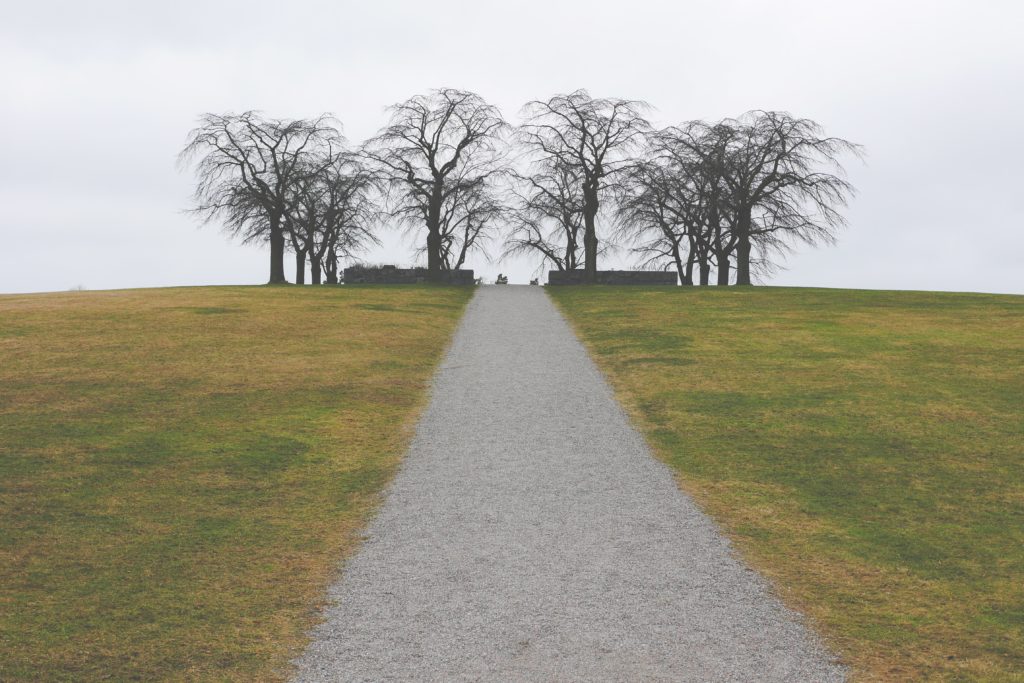
Last Sunday evening the wind picked up until it rose into a roaring gale of flying limbs and leaves and it didn’t stop for two days. These are the Santa Ana winds, downslope desert gusts that can rage any time of year, a hated harbinger of force and flame. When the calm finally descended I was sunk as low as yard waste. There would be days of work ahead, hard work, yet knowing that the labor would somehow save me, I went out back and started dragging broken branches into mounds. I’d already quit when I heard a blower out front but I didn’t think it could be in my yard because our gardener Tomas wasn’t due for another two days. But lo, it was him, breezing through heaps of fallen leaves and needles as if parting a sea.
Tomas once told me that he’d worked here since he was 15, and somehow we figured out we were the same age. I’m a late beginner to this life’s work, but he abides my interference. No matter what you think of the racket, those blowers can tidy up a mess, so when Tomas left after an hour, my mind was lighter. A little later I brought a folded slip of paper in from the mailbox:
Dear Customer,
I will be going out of town for a family emergency. I will be out for a week. Sorry for any inconvenience, and thank you for understanding.
It was from Tomas. He’d be driving to Mexico and back, and he’d delayed the emergency to swing by, leave this note, and do what he could to ease my way. I marveled at his goodness. Then I realized that even after 48 years, he’d be afraid his job could disappear in a sudden gust.
It was a hard week all over, or so I heard from folks. Kids are sick or sad; the old and young are dying; the world, so dark and doomed that we are afraid to look ahead. I can’t do much for those in trouble, but I try to ease the way.
Around here now, the paths are swept, the ponds are clear, and all the things that fell or broke are stacked in piles four feet high. We go on, you see. We get through. The way forward is hardly ever what we want to do or where we want to go, but it brings us back.
Thank you for understanding. Understanding each other goes a long way.
***
Photo by Jon Flobrant on Unsplash




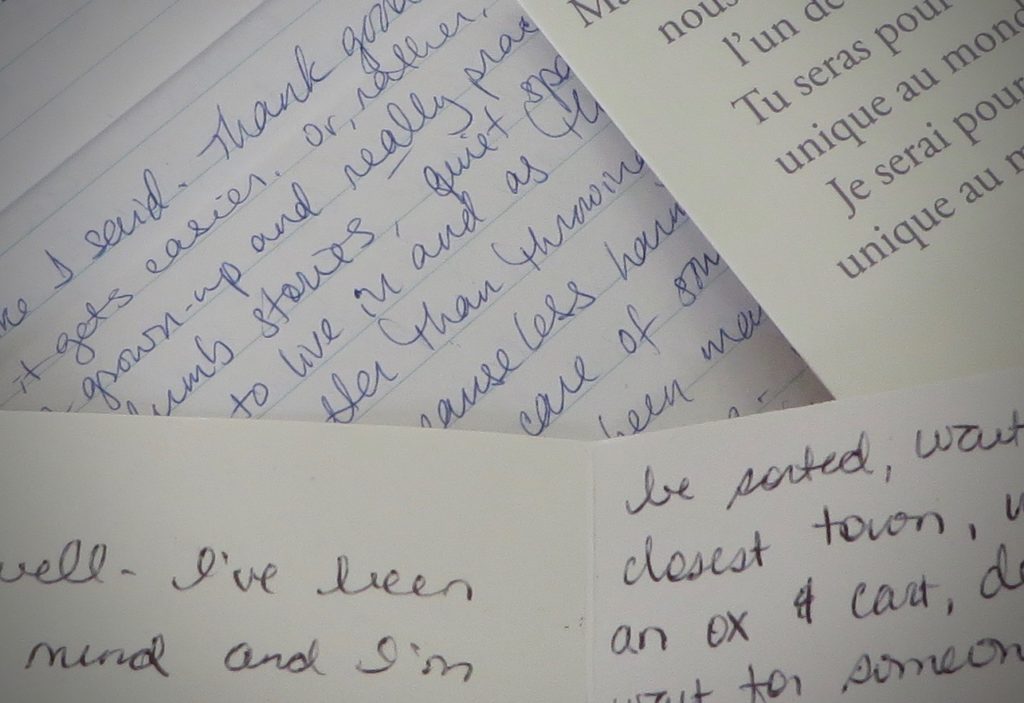




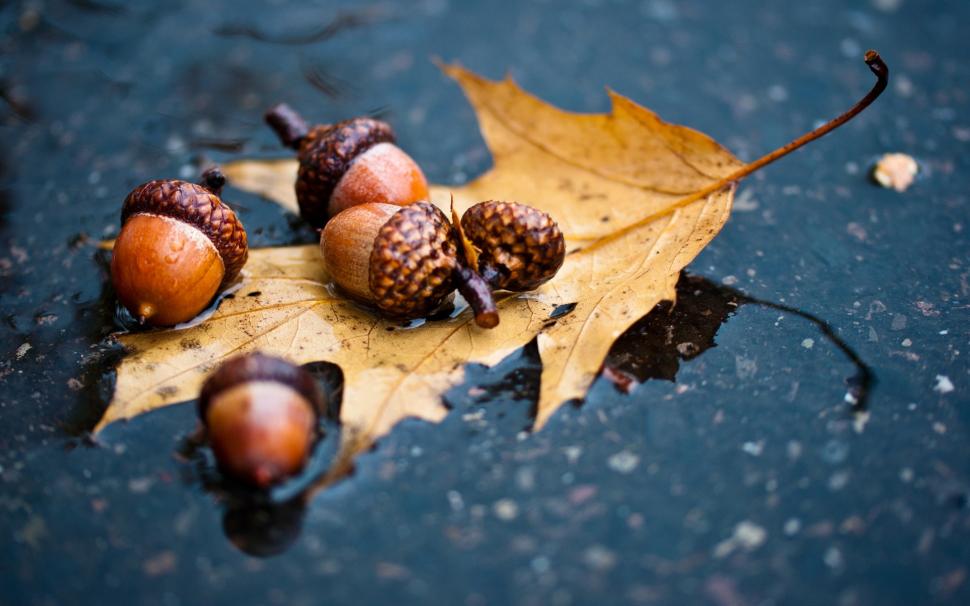
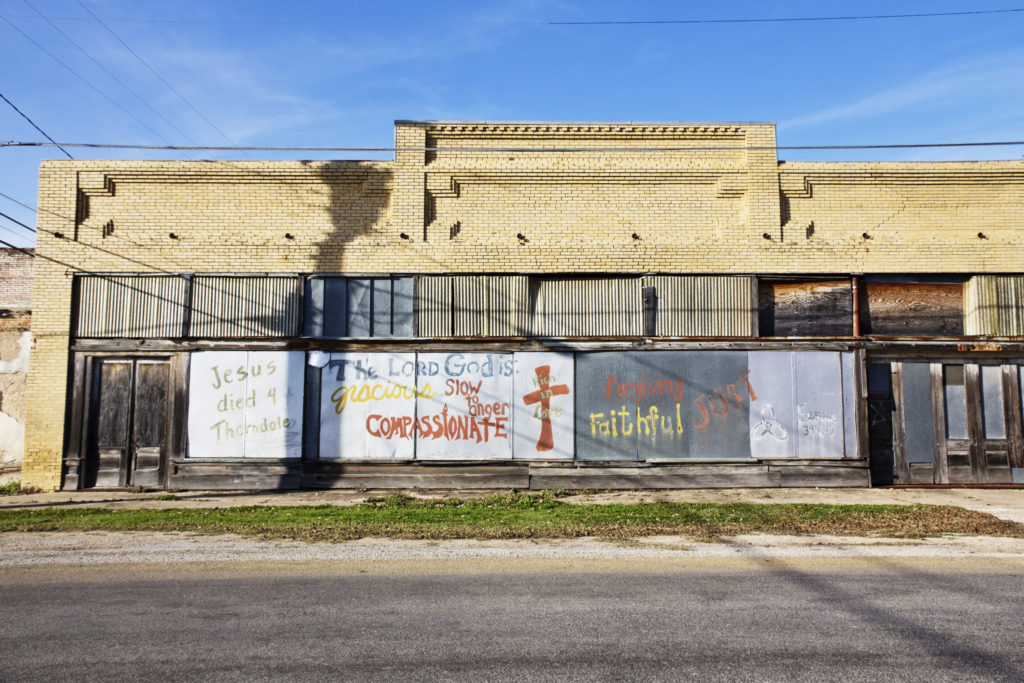

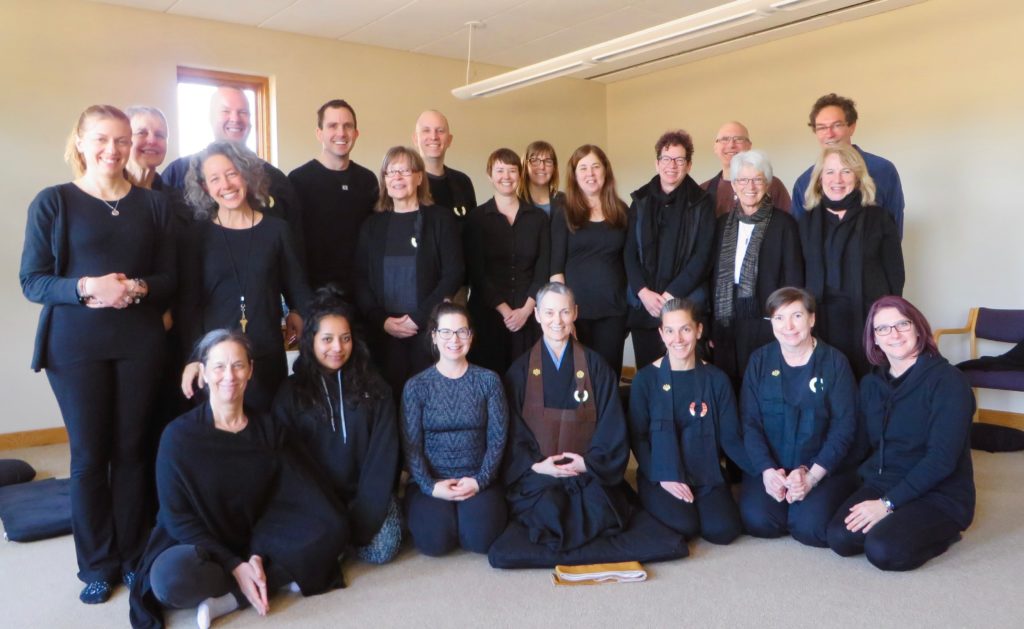
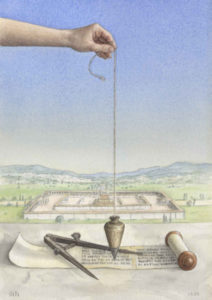
 For everyone.
For everyone.
